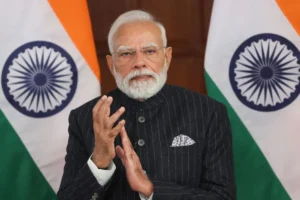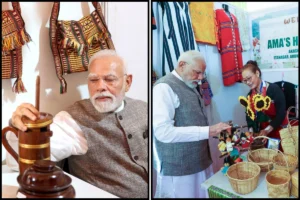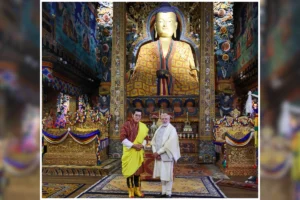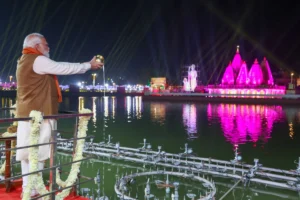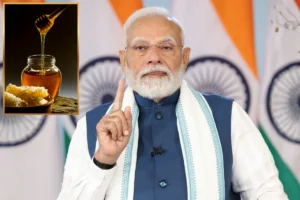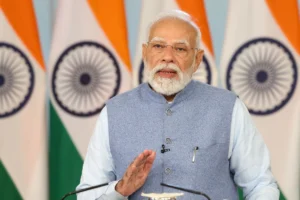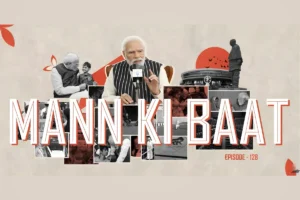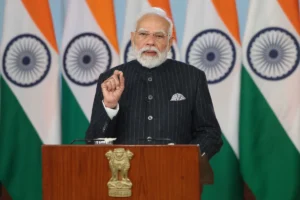
While hearing petitions challenging the 2016 banknote demonetisation decision, the Supreme Court says that it will not play the role of a silent spectator and sit quietly with folded hands only because it was an economic policy decision.
“Just because it is an economic decision, does not mean we will fold our hands and sit. We can always examine the manner in which the decision was taken,” said Justice B.V. Nagarathna.
Read this also: SC: PM Modi’s 2016 Note Ban Valid; Could Not Fail As Centre Initiated It
The Apex Court on the Note Ban
Justice BV Nagarathna gave a dissenting judgment, said demonetization could have been executed through an act of Parliament and not by the government. The Supreme Court held that there was a reasonable nexus with the objectives sought to be achieved.
Some 58 petitions had challenged the Centre’s decision of November 2016 to ban ₹ 1,000 and ₹ 500 currency notes. ₹ 10 lakh crore wiped out of circulation overnight because of the move. Petition argued that it was not a considered decision of the central government. It should be struck down by the court.
The government argued that the court cannot decide a matter when no tangible relief can be granted. It would be like “putting the clock back” or “unscrambling a scrambled egg”, the center said. It also said demonetization was a “well-considered” decision and part of a larger strategy to combat fake money, terror financing, black money and tax evasion.
The five-judge Constitution bench headed by Justice SA Nazeer heard the arguments before the winter breaks. The other members of the bench are Justices BR Gavai, AS Bopanna and V Ramasubramanian.
Officials On Note Ban
The center said the demonetization was a “well-considered” decision. Part of a larger strategy to combat the menace of fake money, terror financing, black money and tax evasion.
Former Union Minister and senior advocate P Chidambaram argued, the center has not examined alternates to control fake currency or black money. Chidambaram said, ‘The government cannot initiate any proposal on legal tender on its own. This, he said, can only be done on the recommendation of the central board of the Reserve Bank of India (RBI).
To read more such news, download Bharat Express news apps









